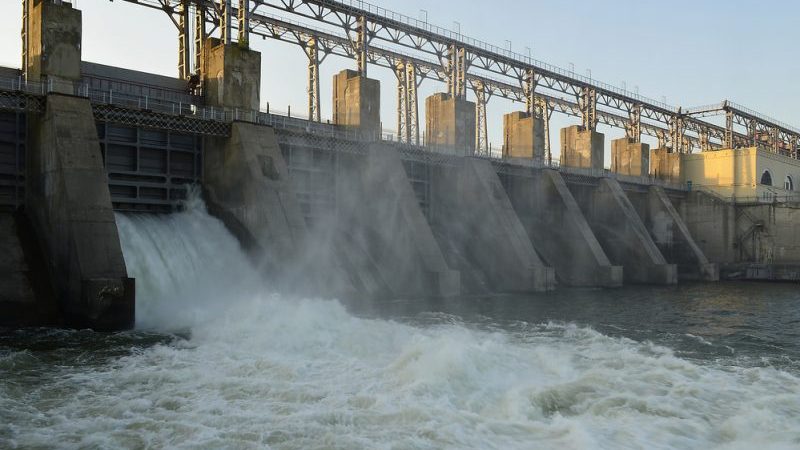The United Nations (UN) climate agency released a video this week mocking lifestyle changes, such as reducing meat consumption and flying, to promote the use of highly controversial credits to offset emissions.
The video “Keep calm and offset” has since been removed, but inadvertently points to the main problems with offsetting, a concept that creates the illusion that high-carbon lifestyles can be maintained.
Government officials from around the world are heading to Bangkok next week for a new round of climate negotiations. Since the adoption of the Paris Agreement in 2015, in which nearly all countries of the world have committed to take climate action, countries have engaged in intense discussions on how exactly they intend to walk the talk of their climate ambition.
Keep calm and carry on eating steak: UN Climate Change ad criticised
Tackling climate change is one of the most urgent tasks facing the world. A soon-to-be-released report by the IPCC, a UN-backed scientific body, will highlight the necessity of drastically reducing emissions, including through lifestyle choices, to keep temperatures from rising by less than 1.5C.
The use of offsetting systems is highly problematic in this context, as they absolve the countries and companies most responsible for climate change from taking drastic climate action. Offsetting creates the illusion that high-carbon activities can continue, by relying on others, most notably poorer countries, to clean up the emitted pollution.
The UN’s main offsetting scheme is the so-called ‘Clean’ Development Mechanism (CDM), allowing governments and companies in rich countries to offset their emissions through projects in developing countries. There are three main reasons why this scheme has failed dramatically.
First, offsetting is at best a zero-sum game, meaning that some countries will increase their emissions while others decrease them (and sell them as offsets). It therefore has no role to play in a world where all countries must rapidly decarbonise. All sectors should reduce their emissions, and investing in domestic climate action is a priority.
Second, the Clean Development Mechanism has been associated with severe negative impacts on local communities. Driven by the perspective of selling carbon offsets, some project developers have infringed human rights and implemented projects which disrupted both the environment and the livelihoods of entire communities, as was the case for example for the Barro Blanco hydropower dam project.
Third, the mechanism has been counterproductive, leading to an increase in greenhouse gas emissions. In Europe alone, the use of junk CDM credits increased emissions by about 750 million tonnes of CO2e. This is because most credits traded under this scheme do not represent real emissions reductions. Only 2% of CDM projects are highly likely to have environmental integrity, that is truly reduce emissions beyond what would have happened in the absence of the project.
Therefore, when CDM credits are used to replace domestic climate action, the result is an increase in emissions compared to a scenario where a company or country would have reduced its own emissions directly. “Clean” projects funded through this scheme include claimed efficiency improvements of coal power plants, the most polluting energy source.
Allowing CDM credits into the Paris Agreement would be equivalent to blowing a gigantic (carbon loop)hole in the climate accord. No accounting or engineering tricks can fool the atmosphere, and when such false solutions harm people and the environment, we end-up being the losers and victims of our own short-sightedness.
We therefore recommend the climate negotiators travelling to Bangkok to keep calm, scrap the CDM scheme and carry on with the real solutions.
Gilles Dufrasne is a policy researcher at Carbon Market Watch
